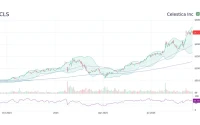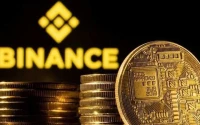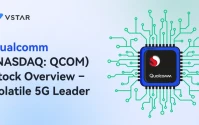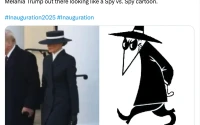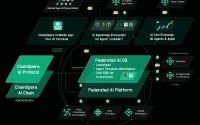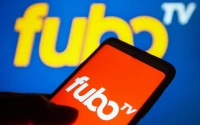The news hit the wire like a shockwave: President Trump had pardoned Changpeng Zhao. And across the internet, the reaction was immediate, predictable, and, I think, completely misses the point. The headlines screamed of influence, of billionaires buying their way out of trouble, of ethics thrown to the wind. And yes, on the surface, that’s part of the story.
But it’s not the story.
When I first saw the news, I honestly just sat back in my chair, speechless for a moment. My first thought wasn’t about the White House, or political favors, or the four months CZ spent in a federal prison. My first thought was about the protocol. About the final, indelible merger of a renegade digital nation with the most powerful analog empire on Earth. What we all just witnessed wasn’t just a pardon. It was a treaty. It was the moment the rebellion was invited into the castle, not as a prisoner, but as a partner. This is the kind of breakthrough that reminds me why I got into this field in the first place.
The Outlaw Comes Home
For anyone who has been living under a rock, let's quickly catch up. The central question many are now asking is What is Binance, and what CZ’s pardon could mean for US crypto investors. It’s not just another company; it’s a global financial phenomenon. Imagine a single marketplace that processes over $217 billion in trades every single day for 280 million people around the world. It’s the New York Stock Exchange, the Fed, and every retail bank rolled into one, but for the digital age—a place where you could easily buy bitcoin binance style or trade for hundreds of other assets.
Founder Changpeng Zhao, or “CZ,” built this behemoth with a simple, powerful vision that was pure Silicon Valley-meets-cypherpunk: build a global, borderless financial system and ask for permission later. And my god, did it work. The speed of its growth was just staggering—it felt like it went from a startup to a global institution overnight, completely rewriting the rules for finance and proving that the demand for a new way to transact was a force of nature.
Of course, when you move that fast, you break things. The US government saw Binance not as a revolutionary platform, but as a rogue state. Federal prosecutors painted a picture of a financial wild west, a hub for money laundering and terrorist financing. They pointed to internal messages, like one from a compliance officer who joked, “we need a banner ‘is washing drug money too hard these days - come to binance we got cake for you.’” It was damning. CZ pleaded guilty, paid a $50 million fine, and stepped down as CEO. The system had seemingly won. The empire had captured the pirate king.
But did it really? Even after his prison sentence, CZ still owned 90% of the company, his net worth soaring north of $80 billion. As he himself said, “No one, not a single person, stopped doing business with me.” What does that tell you? It tells you that the network had become more powerful than the man. The code had become more resilient than the government’s case against its creator.
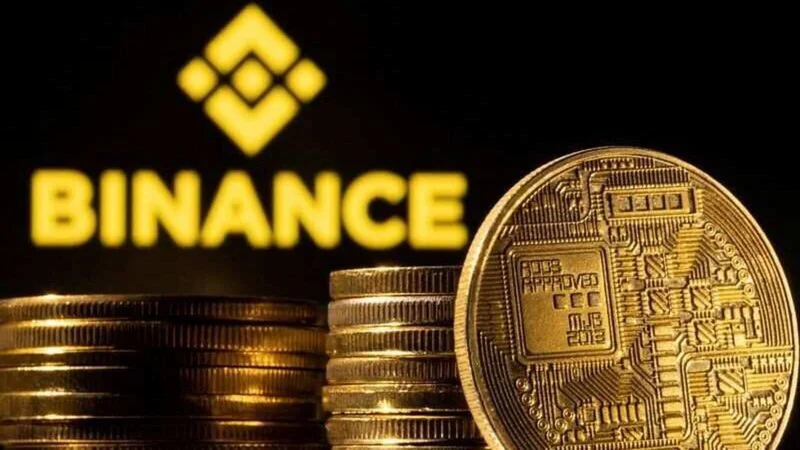
From Rebel Code to Presidential Decree
So why the pardon? And why now? To understand this, you have to zoom out from the man and look at the movement. Crypto is no longer a fringe hobby for tech libertarians. It’s a $3.5 trillion industry that, as even a Federal Reserve Governor recently admitted, is “increasingly… woven into the fabric of the payment and financial systems.”
This is the paradigm shift. This isn't just about a new asset; it's about a new infrastructure. Think of the printing press. At first, the established powers saw it as a tool for heretics and rabble-rousers, a threat to their control over information. But eventually, they realized they couldn’t stop it. The only move left was to adopt it—to print their own Bibles, their own decrees, and make the technology their own.
That’s what this pardon represents. It’s the establishment saying, “We can’t beat you, so we’ll join you.” And in this case, the embrace is startlingly literal.
The Trump administration hasn’t just warmed to crypto; it has become a crypto-native entity. The President has promised to make America the “crypto capital” of the world. But look deeper. The Trump family’s World Liberty Financial launched a stablecoin—that’s a crypto token pegged to a real-world currency, in this case the dollar—and the code for that coin was written by Binance. The platform for that coin is Binance. A UAE firm is using that very coin to buy a $2 billion stake in Binance, a deal that will generate millions for the Trump family.
This is the moment of ethical consideration we must have. The conflicts of interest are glaring, a tangled web of personal finance and public policy that makes old debates about hotels look quaint. We have to be clear-eyed about the raw, transactional nature of this merger. But to get stuck there is to miss the technological sea change it represents.
The most powerful political office on the planet is now directly, financially, and technologically intertwined with what was once considered the world’s most disruptive financial outlaw. What does that mean for you, for me, for the future of money? It means the war is over. The question is no longer if this technology will be integrated into our lives, but how.
The Code is Now Law
Let’s be perfectly clear about what this pardon signifies. This was the final signature on a new social contract. For years, we’ve debated whether crypto was a legitimate asset, a passing fad, or a criminal enterprise. That debate is now settled. When the leader of the free world pardons the founder of the world's best crypto exchange, an entity like Binance US is no longer on the outside looking in. It is the inside. The technology that was designed to operate outside the state has now been formally embraced by it. The logic of the network—decentralized, global, and brutally efficient—is being integrated into the logic of the nation. The future isn't coming anymore. It's here. And now, the real work of building on top of it begins.


